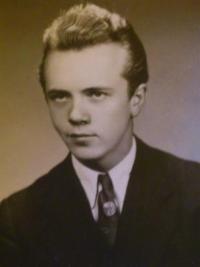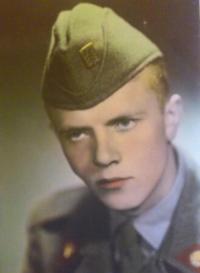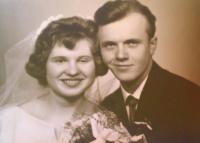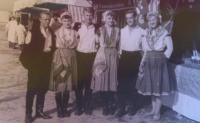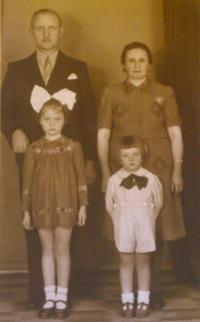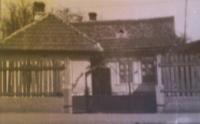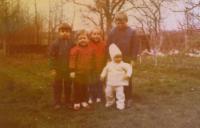Hungarians, who could not speak a single word in Slovak, suddenly became Slovaks
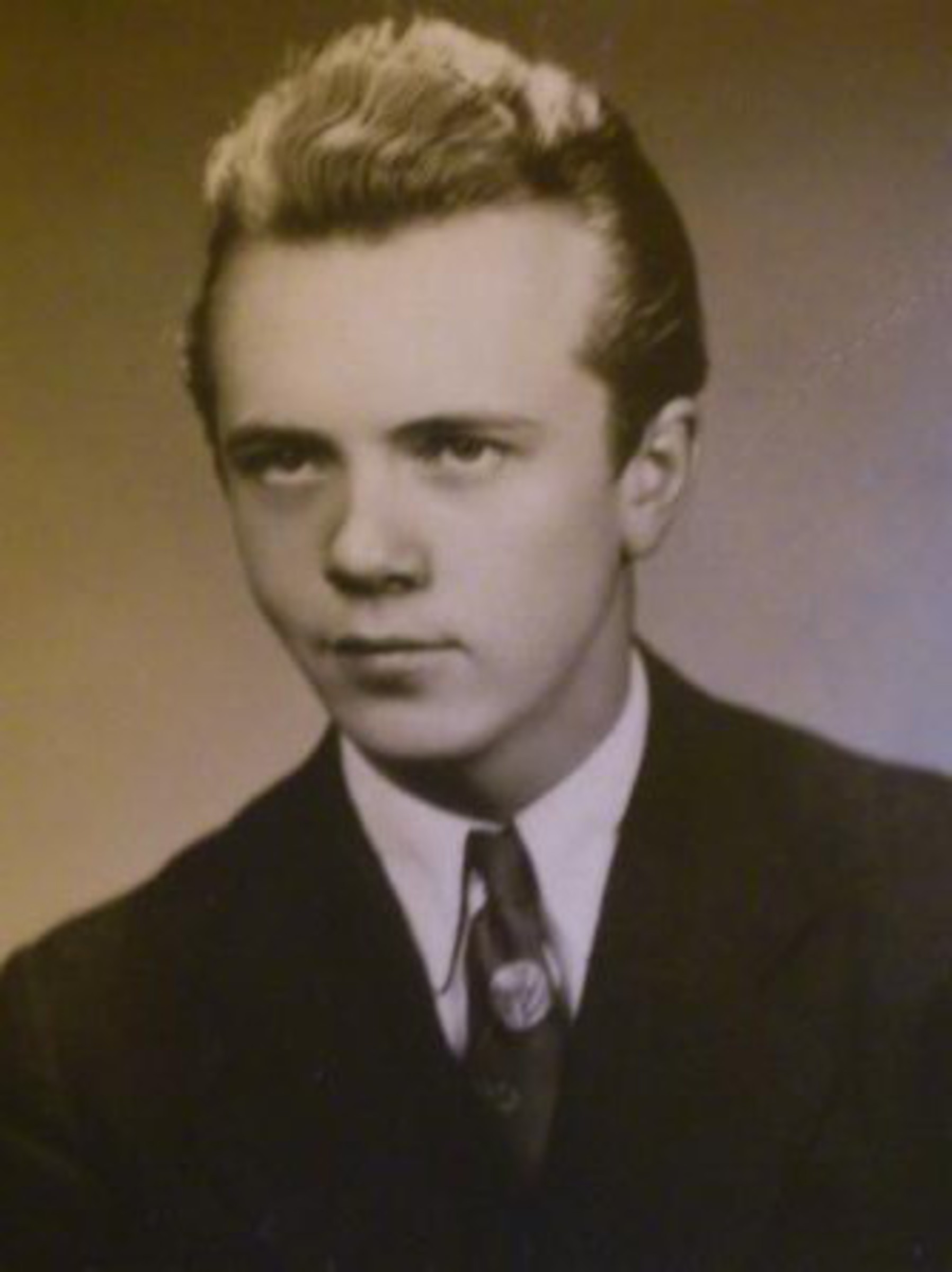
Stáhnout obrázek
Pavel (Pali in Hungarian) Kamaráš was born in 1940 in what was the Hungarian village Rimaszombat (Rimavská Sobota) at that time. From the period of World War Two he remembers German soldiers who briefly stayed in the village before their retreat. While retreating, they let a bridge explode, but they had warned the inhabitants beforehand. For little Pali this was a great experience. At the end of the war, Rimavská Sobota became a part of Czechoslovakia again under the post-war arrangements and the Hungarians living there were given the option to leave. Pali‘s family decided to remain and to accept Slovak citizenship. However, in their native village they were being regarded as strangers. Pavel Kamaráš began learning Slovak at the elementary school. He learnt the bookbinder‘s trade and he worked in Banská Bystrica. He did his military service in Bohemia and he learnt Czech as well. In 1963 he married Czech woman Eva and he decided to stay in Bohemia. They had three sons. After 1993 he applied for the Czech citizenship.
